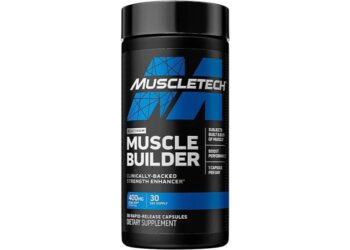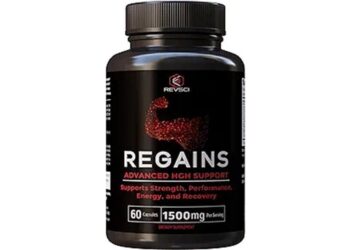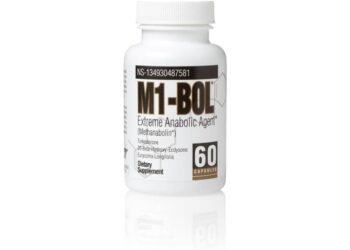Discover the top tips for finding the perfect protein powder for your fitness goals. Learn how to make the best choice!
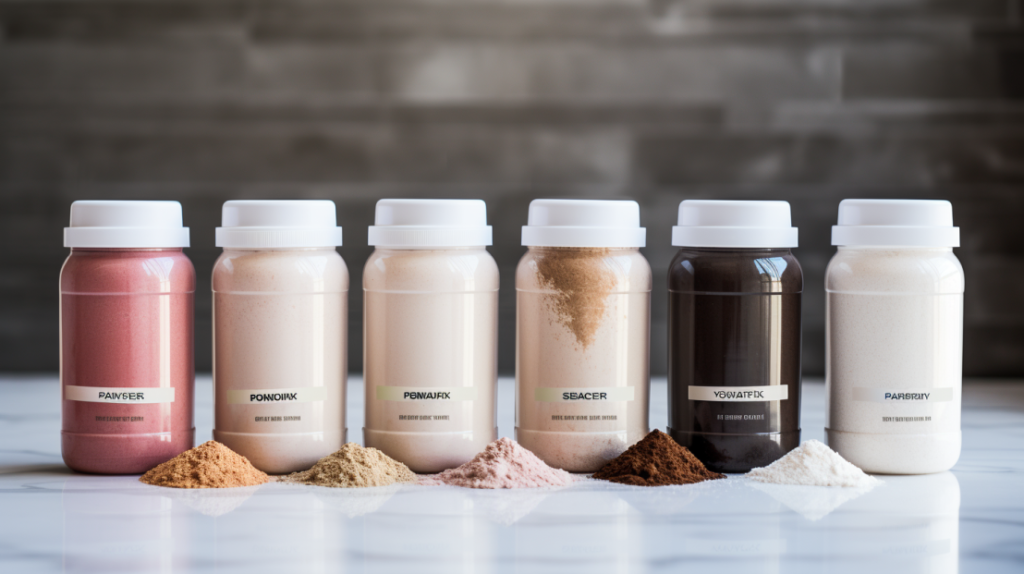
Looking for the perfect protein powder but feeling overwhelmed by the options? You’re not alone. With so many choices on the market, it can be hard to know where to start. But fear not, because this ultimate guide will walk you through everything you need to consider when choosing the best protein powder for your needs. From understanding protein types to evaluating price and value, we’ve got you covered. Let’s get started!
Understanding Protein Types
When choosing protein powder, it’s important to understand the various protein types available and their specific benefits for your fitness goals. Protein sources for powders often include whey, casein, soy, and pea protein. Each source offers a unique amino acid profile, which is crucial for muscle repair and growth. Whey protein, derived from milk, is quickly absorbed and rich in essential amino acids, making it ideal for post-workout recovery. Casein, also from milk, digests slower, providing a steady release of amino acids, suitable for nighttime use. Soy protein is a plant-based alternative, rich in arginine and glutamine, promoting heart health and muscle building. Pea protein, another plant-based option, is hypoallergenic and easily digestible, making it suitable for individuals with dietary restrictions. Understanding these protein types will help you choose the best powder for your specific fitness needs.
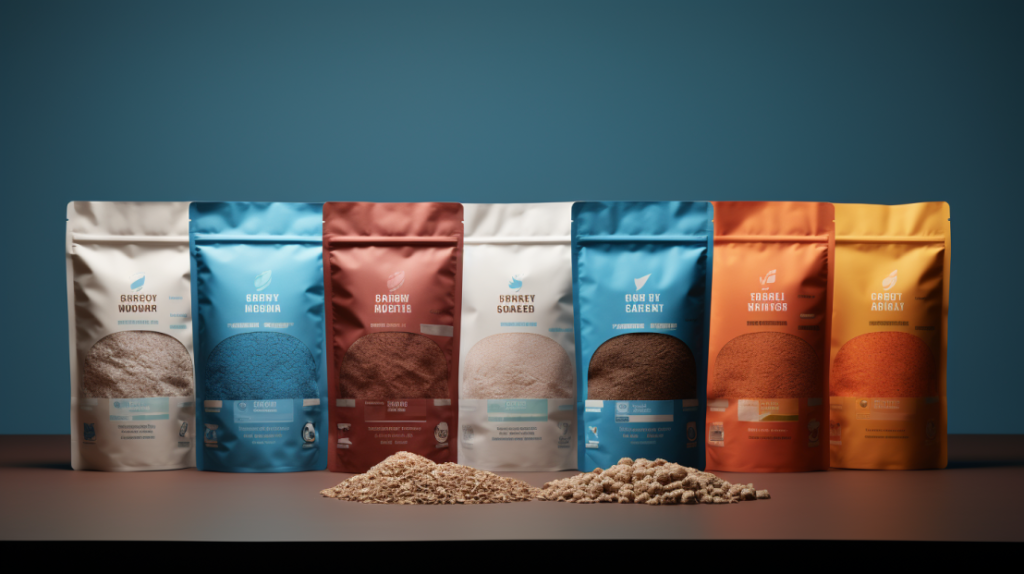
Assessing Nutritional Content
To choose the best protein powder for your fitness goals, assess the nutritional content of each option to ensure it aligns with your specific dietary and performance needs. When evaluating the nutritional benefits, consider the protein content per serving, the presence of essential amino acids, and the carbohydrate and fat levels. Additionally, examine the ingredient sourcing to ensure the protein powder aligns with your dietary preferences and any potential allergies. Look for transparent labeling that indicates where the ingredients are sourced from and whether they are organic, non-GMO, or sustainably produced. This information can provide insight into the quality and purity of the protein powder, helping you make an informed decision that supports your overall health and fitness goals.
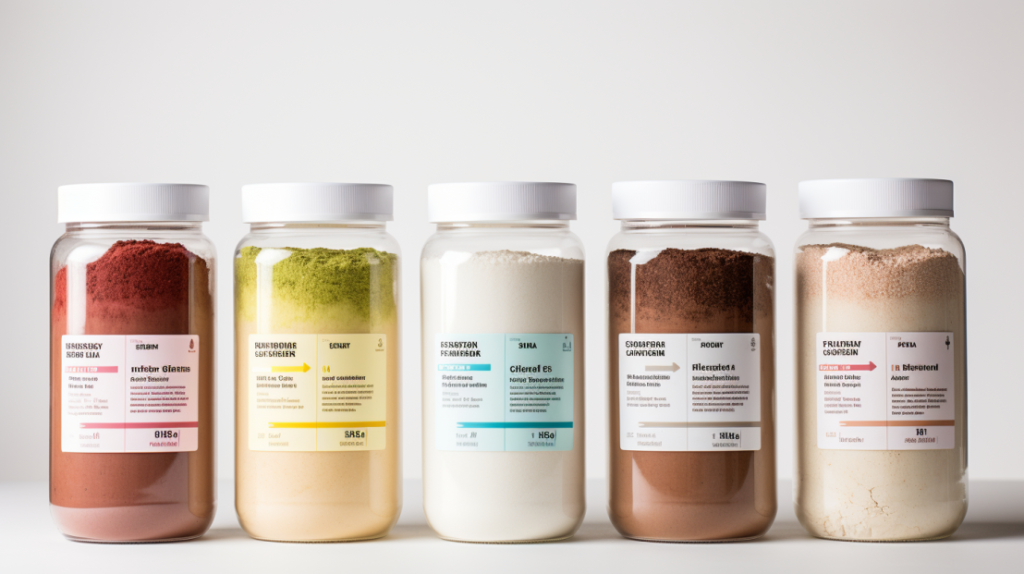
Evaluating Ingredient Quality
Assess the ingredient quality by scrutinizing the sourcing and purity of the protein powder, ensuring it aligns with your dietary preferences and performance needs. When comparing protein sources, consider factors such as amino acid profile, digestibility, and allergen potential. Analyzing production methods is crucial to determine if the protein powder is minimally processed and free from harmful additives. To simplify your evaluation process, refer to the table below for a comparison of common protein sources and their key attributes:
| Protein Source | Amino Acid Profile | Digestibility |
|---|---|---|
| Whey | Complete | High |
| Casein | Complete | Moderate |
| Pea | Incomplete | High |
Considering Dietary Restrictions
When selecting a protein powder, ensure that it aligns with your dietary restrictions by carefully examining the ingredient list for any allergens or prohibited substances. For individuals with food allergies or sensitivities, finding allergen-friendly options is crucial. Look for protein powders that are free from common allergens such as dairy, soy, gluten, and nuts. Additionally, if you follow a vegan lifestyle, consider opting for plant-based protein powders as vegan alternatives. These protein powders are typically derived from sources like peas, hemp, rice, or pumpkin seeds, making them suitable for those following a vegan diet. Always prioritize your health and well-being by thoroughly researching and selecting a protein powder that meets your specific dietary needs.
Comparing Flavors and Taste

After carefully considering your dietary restrictions, it’s important to compare flavors and taste when selecting a protein powder that aligns with your needs. Flavor profiles play a crucial role in finding a protein powder that you’ll enjoy consuming regularly. Consider the options available and think about which flavors you typically enjoy in your other food and drink choices. If you have a sweet tooth, you may prefer flavors like chocolate, vanilla, or fruity options. However, if you lean towards savory tastes, you might find flavors like peanut butter or salted caramel more appealing. Your taste preferences are also essential to consider. Some protein powders may have a strong artificial taste, while others may have a more natural, mild flavor. Ultimately, the goal is to find a protein powder that not only meets your nutritional needs but also suits your palate.
Examining Price and Value
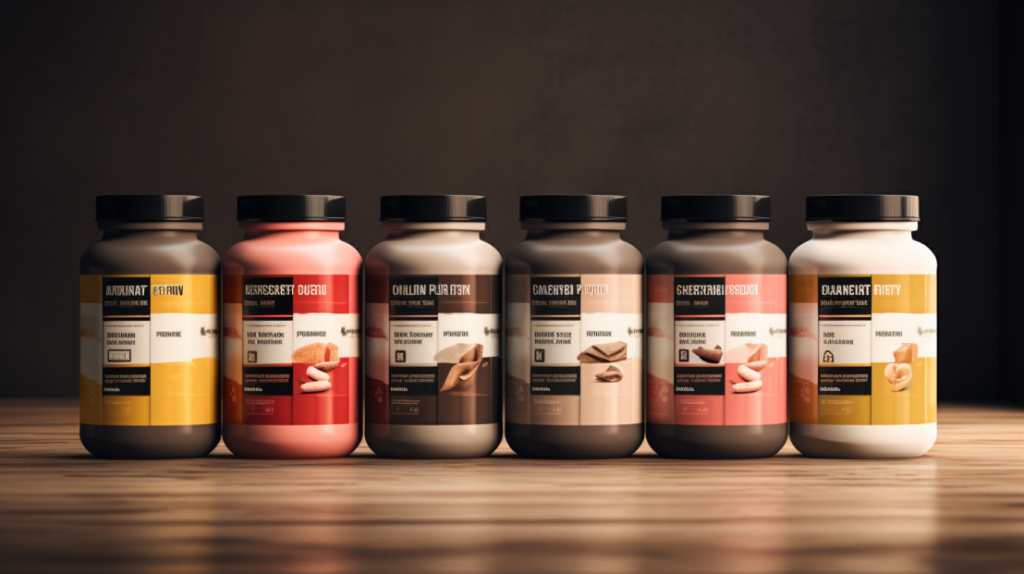
To evaluate the price and value of protein powders, consider your budget and the cost per serving to determine the most economical option for your needs. When comparing prices, keep in mind that larger containers often offer better value. Look for sales or subscribe to receive discounts. Additionally, delve into consumer reviews to gain insights into a product’s effectiveness, taste, and overall value for money. Furthermore, product sourcing is crucial. Opt for protein powders that are transparent about their sourcing and manufacturing processes, ensuring high-quality ingredients. Don’t forget to factor in the shipping costs if purchasing online. By carefully examining these aspects, you can find a protein powder that fits your budget while providing the best value for your money.
Reviewing Brand Reputation

You should consider the reputation of the brand when choosing a protein powder. Brand reputation can provide valuable insights into the quality and reliability of a product. Two key factors to consider are consumer reviews and independent testing. Consumer reviews offer real-life experiences and opinions, providing you with a better understanding of the product’s effectiveness and potential side effects. Independent testing ensures that the protein powder meets certain quality and safety standards. To help you make an informed decision, here’s a comparison table to showcase the reputation of some popular protein powder brands:
| Brand | Consumer Reviews |
|---|---|
| Brand A | Positive |
| Brand B | Mixed |
| Brand C | Mostly Negative |
| Brand D | Mostly Positive |
| Brand E | Positive |







